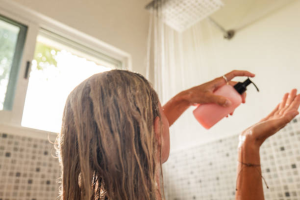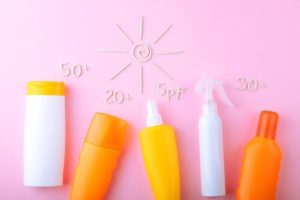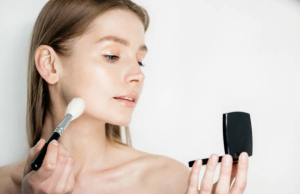When you’re expecting, choosing a face wash that’s safe for pregnancy becomes paramount, not just for your skin’s
health, but more importantly for the well-being of your developing baby. Your skin, the largest organ of your body,
can absorb the ingredients in skincare products, which may then reach your unborn child. Selecting a gentle and safe
cleanser ensures that you maintain a clear and healthy complexion without any undue risk to your baby. This article
will delve into the particulars of what ingredients to avoid, which to seek out, and will offer top picks for
pregnancy-safe face wash options.
Understanding the Risks: Ingredients to Avoid in Pregnancy
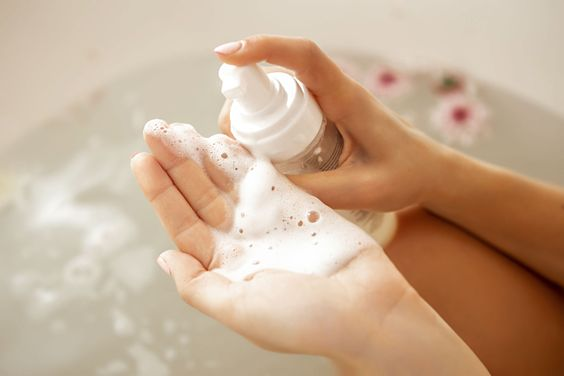
The world of skincare is filled with an array of ingredients, not all of which are suitable for use during
pregnancy. Pregnancy sensitizes a mother’s system and some ingredients can have adverse effects on fetal
development. For the safety of your baby, it is important to steer clear of certain chemicals commonly found in face
washes and acne treatments.
Here are some of the ingredients to avoid:
- Retinoids (found in anti-aging products)
- High-dose Salicylic acid
- Formaldehyde and formaldehyde-releasing preservatives
- Phthalates
- Parabens
- Chemical sunscreens (such as Oxybenzone and Avobenzone)
While some of these ingredients may help in treating skin issues like acne or aging, their potential impact on
pregnancy cannot be overlooked. It’s crucial to be mindful of product labels as you navigate this delicate time.
Safe Alternatives: Ingredients to Look For
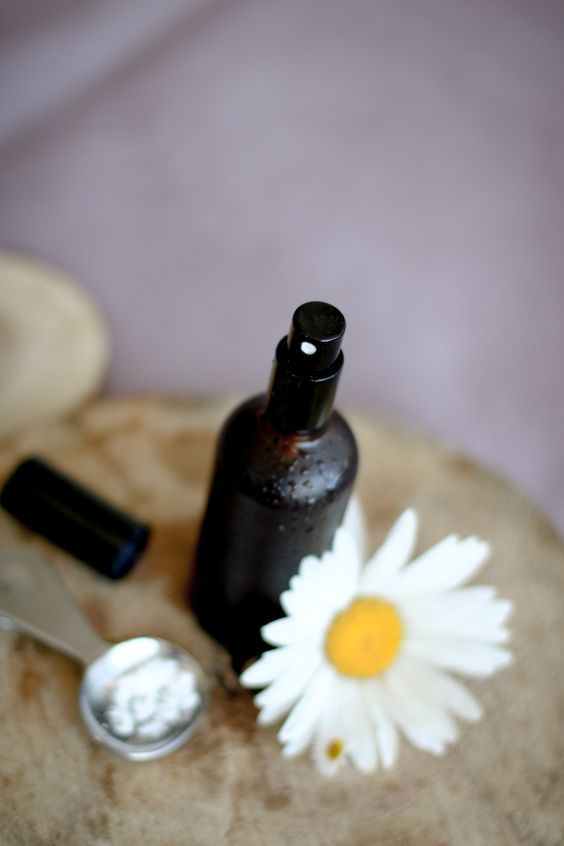
In contrast, numerous ingredients can effectively cleanse and nourish your skin without posing a risk during
pregnancy. The key is opting for gentler, more natural components that are unlikely to irritate expectant mothers’
sensitized skin or harm the growing fetus. As you shop for a suitable cleanser, keep an eye out for these
skin-friendly ingredients:
- Glycerin
- Hyaluronic Acid
- Allantoin
- Ceramides
- Essential Fatty Acids
- Niacinamide
These ingredients help maintain the skin’s moisture barrier and aren’t linked with any known issues during
pregnancy. Be sure to choose products that are non-comedogenic, which won’t clog pores, and hypoallergenic, to
minimize the chance of allergic reactions.
Top Picks for Pregnancy-Safe Face Washes
With safety and efficacy in mind, let’s explore a selection of products that are non-irritating and free from
harmful chemicals:
| Product Type | Brand | Key Safe Ingredients |
|---|---|---|
| Foaming Cleanser | Cetaphil Gentle Skin Cleanser | Glycerin, Vitamin B5 |
| Gel Cleanser | Neutrogena Hydro Boost Cleansing Gel | Hyaluronic Acid |
| Cream Cleanser | Aveeno Ultra-Calming Hydrating Gel Cleanser | Feverfew Extract, Glycerin |
| Cleansing Oil | DHC Deep Cleansing Oil | Olive Oil, Vitamin E |
When looking for the right face wash, consider your skin type and any challenges you may be experiencing due to
hormonal changes in pregnancy. Always patch test a new product to ensure there is no irritation.
Customizing Your Skincare Routine in Pregnancy
Pregnancy can bring about a multitude of changes to your skin, from increased sensitivity to the emergence of acne
or dry patches. It becomes imperative to balance your routine, ensuring you cleanse effectively while not stripping
the skin of its natural oils. If you notice a particular sensitivity or change in your skin type, don’t hesitate to
adapt your routine accordingly.
Remember to follow up cleansing with a gentle, pregnancy-safe moisturizer, and always apply sunscreen during the
day. However, choose mineral-based sunscreens containing zinc oxide or titanium dioxide as opposed to chemical
filters.
DIY Solutions: Making Your Own Pregnancy-Safe Face Wash
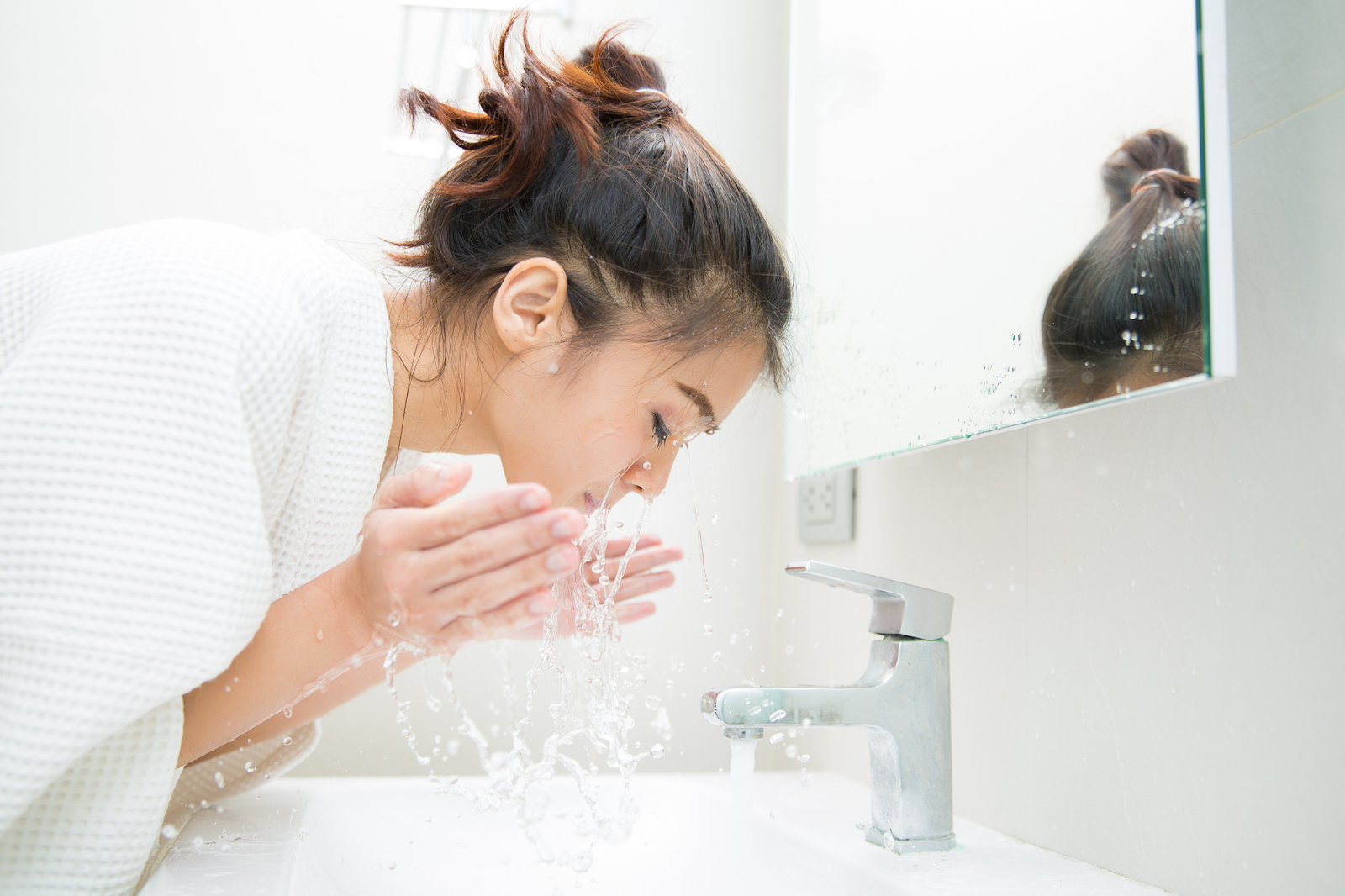
If you’re someone who enjoys the process of crafting your own skincare remedies, making your own face wash can be a
delightful and safe alternative. Here are some easy-to-follow recipes featuring gentle and natural ingredients:
- Combine honey, coconut oil, and a dash of apple cider vinegar for an antimicrobial yet hydrating cleanser.
- For a simple exfoliating wash, mix oatmeal with water to form a mild, soothing paste.
DIY face washes give you complete control over what you apply to your skin and can be customized to suit your
individual skincare needs during pregnancy.
Conclusion
As this guide has explored, finding the right face wash for use during pregnancy doesn’t have to be a challenge. By
avoiding certain harmful ingredients and opting for gentle, beneficial alternatives, you can keep your skin healthy
without putting your baby at risk. Always consult with your healthcare provider if you’re unsure about a particular
product and remember that the winsome glow of pregnancy is best supported by safe and mindful skincare choices.
FAQs
- Q1: Why is it important to use pregnancy-safe face wash?
- A1: Using a pregnancy-safe face wash is essential to prevent the absorption of harmful substances by your skin,
which may affect the development of your unborn child. - Q2: Can I continue using my regular face wash during pregnancy?
- A2: If your regular face wash includes ingredients that are not recommended during pregnancy, it would be wise
to switch to a safer alternative. - Q3: How often should I wash my face during pregnancy?
- A3: Generally, washing your face twice daily with a gentle face wash that suits your skin type is recommended
during pregnancy. - Q4: Are there any natural ingredients that should be avoided during pregnancy?
- A4: Certain natural ingredients like specific essential oils can be too potent for use in pregnancy and should
be avoided or used with caution. - Q5: What should I do if the skincare products I’m using cause irritation during pregnancy?
- A5: Stop using the product immediately and consult your healthcare provider for advice. They can recommend
alternatives that are gentler on your pregnancy-sensitive skin.


